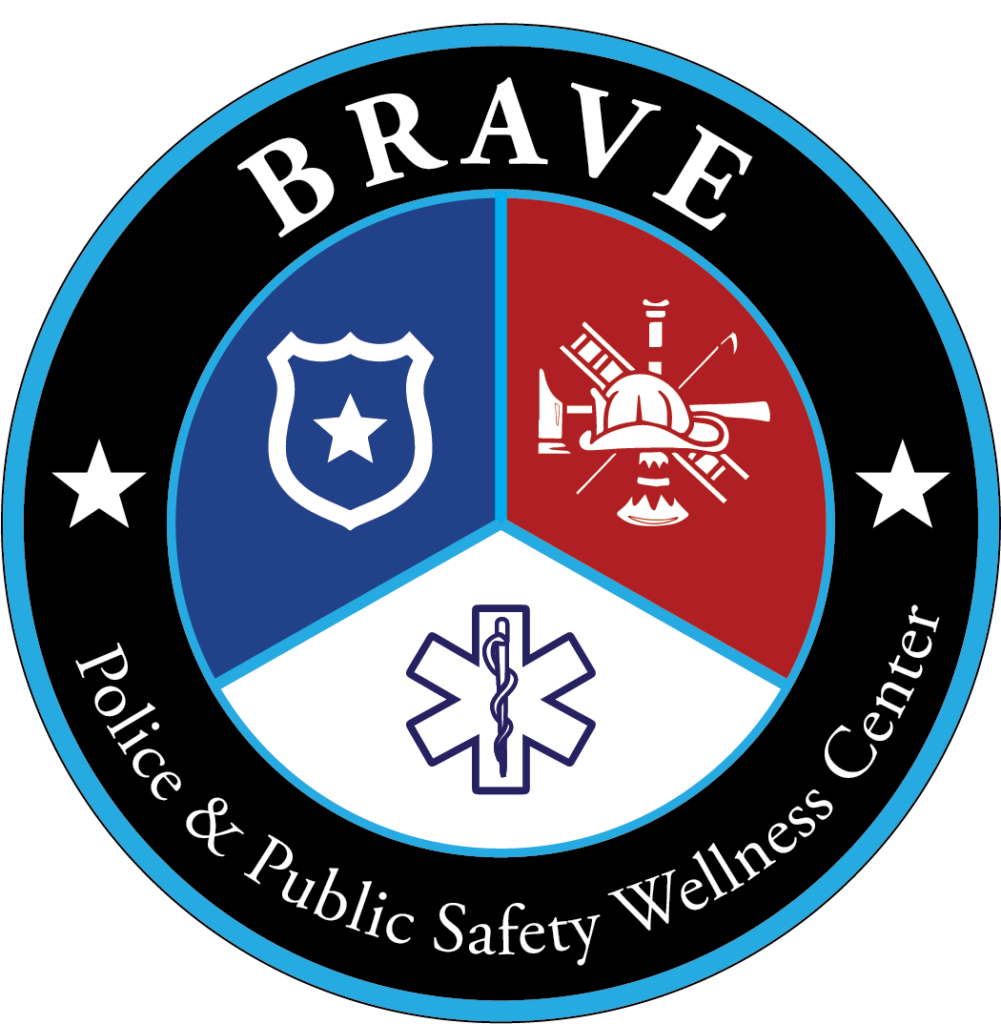Chicago Location: 6323 N Avondale Ave #111, Chicago, IL 60631
Chicago Location: 6323 N Avondale Ave #111, Chicago, IL 60631


Our wellness center offers various services specifically tailored to the unique needs of first responders.
Clinical hypnosis, also known as hypnotherapy, is a specialized form of psychotherapy that uses hypnosis to treat a variety of psychological issues. It involves a licensed and experienced clinician inducing an altered, trance-like state of consciousness in an individual to introduce new responses, thoughts and behavioral changes into the subconscious mind. Hypnosis is associated with a highly relaxed state of inner absorption, concentration and focused attention which is non-evasive and requires no medications. It can be utilized to help the subconscious overcome trauma, fears or destructive habits.

The concept beyond hypnotherapy is that when the mind is concentrated and focused, it can be used far more powerfully and allow people to utilize more of their potential. Recent research indicates that clinical hypnosis effectively changes aspects of a person’s physiological and neurological functions. It is used therapeutically to treat phobias, anxiety, sexual problems, addictions, speech disorders, weight control, chronic pain, age regression therapy, self-esteem issues, and promote memory improvement. Hypnotherapy may also be used in the treatment of conditions including depression, eating disorders, and PTSD.
Hypnosis generally involves verbal repetition and mental images. The patient is never unconscious, is aware of his/her surroundings at all times, and the will is never weakened in any way. Contrary to popular belief, the patient is always in control and cannot be made to do anything against his/her will: the patient will not reveal information that he/she wishes to keep secret.
During a hypnotherapy session, the patient’s body is generally very still and calm. However, there is usually a great deal of mental activity: measurements of brain activity during hypnosis show a significant level of neurological activity. The patient may eventually be able to practice self-hypnosis, in which he/she can induce a state of hypnosis in themselves.








Dr. Robin B. Kroll
Psy.D, ABPP, BCIA Licensed Clinical Psychologist-License No.071007698
Board Certified Police and Public Safety Psychologist #7999
© 2023 Dr Robin Kroll. All rights reserved. Privacy Policy | HIPAA Guidelines